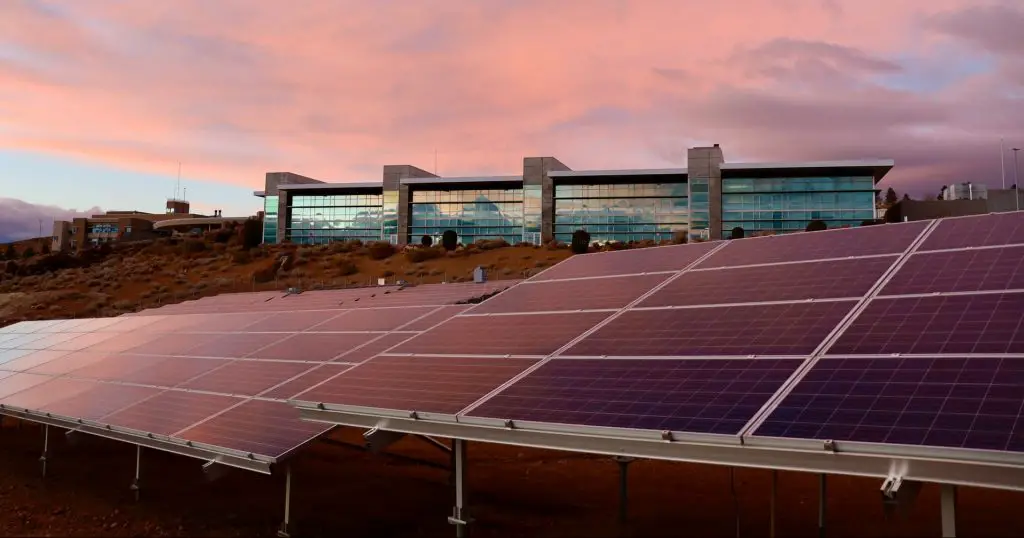Buildings are becoming smarter and smarter thanks to new innovative technologies developed by companies all around the world. These solutions will be able to make multi-family houses, offices, public buildings, and others more efficient and sustainable. It will be essential to expand current efforts in order to create a better environment, and by doing so, even generating higher profits in the commercial real estate industry. In the following article, we will outline 7 reasons why we need smart buildings in 2023.
1. Energy Consumption
One of the most important benefits of making buildings smart is the reduced energy consumption. Not only will this safe resources and thus have a positive impact on sustainability aspects, but it will also reduce operating costs. By utilizing IoT sensors in combination with smart software solutions, energy consumption can be monitored, analysed and optimized. This applies to any kind of resource, from electricity to gas and water.
2. Fewer Costs
As already described in the previous paragraph, one reason why we need smart buildings in 2023 is to reduce costs. Even though the implementation of smart solutions will consist of an upfront investment, studies have shown that within a few years, a positive ROI can be achieved.
Positive effects on costs saving come from reduced energy consumption, less maintenance, faster resolving of issues in the building, and overall improved efficiency. All of this will also help to find tenants easier and resell the building for a higher price.

3. Less Risk
Maintenance issues can be solved quickly thanks to sensors and AI data analysis. Water-, and gas-leak detection sensors can spot those in pipes before any human would have been able to find out. In addition, smart fire or smoke detectors can alarm the local fire department instantly. Lastly, security cameras can detect suspicious behaviour within and outside the building and prevent potential threats. Overall, these technologies will help to reduce the risk in a building and can even grant you lower insurance rates.
4. Work Efficiency
Offices can also largely benefit from smart solutions. With occupancy sensors, room booking technologies and indoor navigation, employees and visitors will be able to get around the office faster and do not have to wait until a meeting room is free. Another plus point, and another reason why we need smart buildings in 2023, is the “BYOD” environment. BYOD stands for “Bring Your Own Device” and is a solution that lets any person use any device inside an office without causing security risks or compatibility problems.
5. Living-Quality
The quality of living or working inside a building is one of the most important aspects for everyone. In smart buildings, it is possible to regulate the air quality, temperature, lighting and even the radiation from outside. Technologies such as intelligent HVAC systems or glass that can change its appearance to block sunlight, might be installed in every building of the future.
6. Smart Cities
Smart Buildings lay the foundation for the concept of smart cities. By installing IoT sensors and innovative energy management solutions in personal homes, offices and public buildings, we get one step closer to a sustainable urban life. One example of how smart cities can benefit from these types of buildings is, by regulating the amount of resources distributed, depending on the expected demand of a building.
This can be achieved by using real-time data analysis and Artificial Intelligence. If you want to find out more about what smart cities are, take a look at one of our latest articles.

Conclusion
Smart buildings are needed in order to have a sustainable future from an environmental, social and economical perspective. These types of houses can reduce and optimize the consumption of resources, increase the living quality and also increase work efficiency. But even the investment itself will have a positive effect as the return, due to cost savings and increased resell value, will be high. Lastly, we need smart buildings in 2023 to lay the foundation for smart cities.
If you want to find out more on how we can utilize technology and digitalization to improve our buildings and cities, feel free to take look at our other articles. Thanks!

